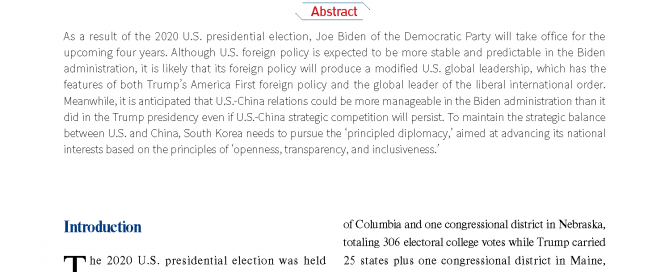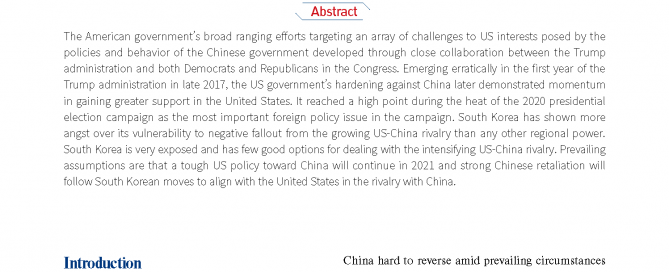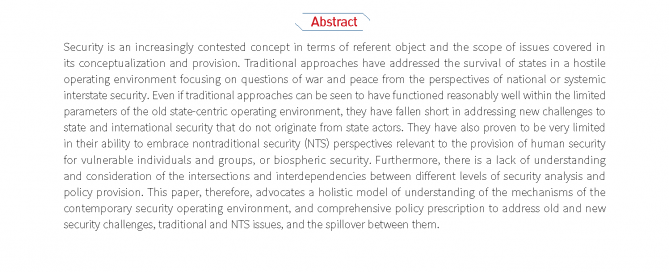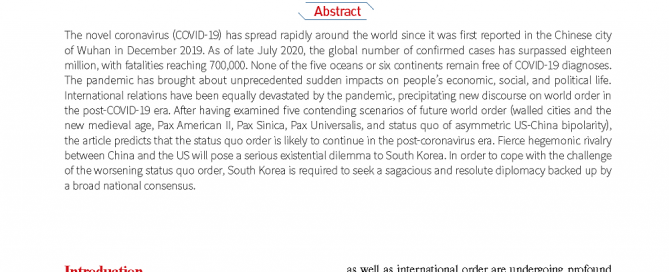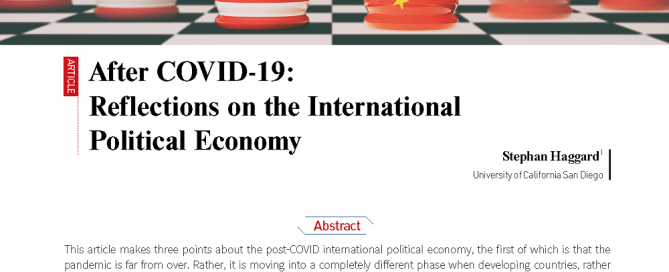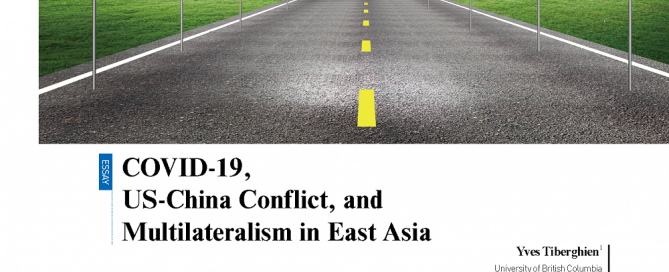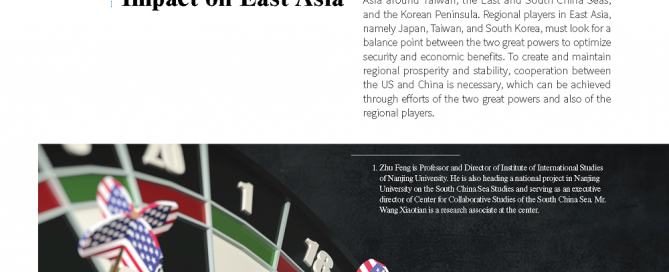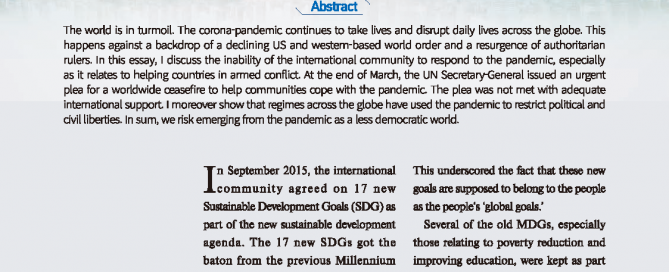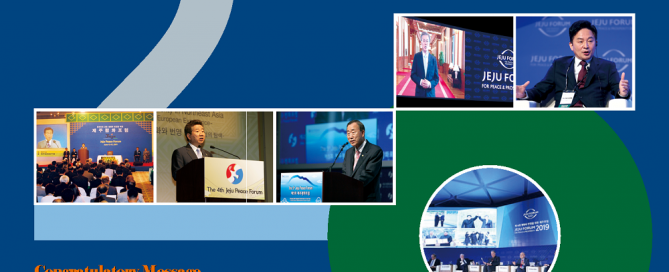2020 U.S. Presidential Election and Prospects for U.S. Policy toward East Asia
As a result of the 2020 U.S. presidential election, Joe Biden of the Democratic Party will take office for the upcoming four years. Although U.S. foreign policy is expected to be more stable and predictable in the Biden administration, it is likely that its foreign policy will produce a modified U.S. global leadership, which has the features of both Trump’s America First foreign policy and the global leader of the liberal international order. Meanwhile, it is anticipated that U.S.-China relations could be more manageable in the Biden administration than it did in the Trump presidency even if U.S.-China strategic competition will persist. To maintain the strategic balance between U.S. and China, South Korea needs to pursue the ‘principled diplomacy,’ aimed at advancing its national interests based on the principles of ‘openness, transparency, and inclusiveness.’

